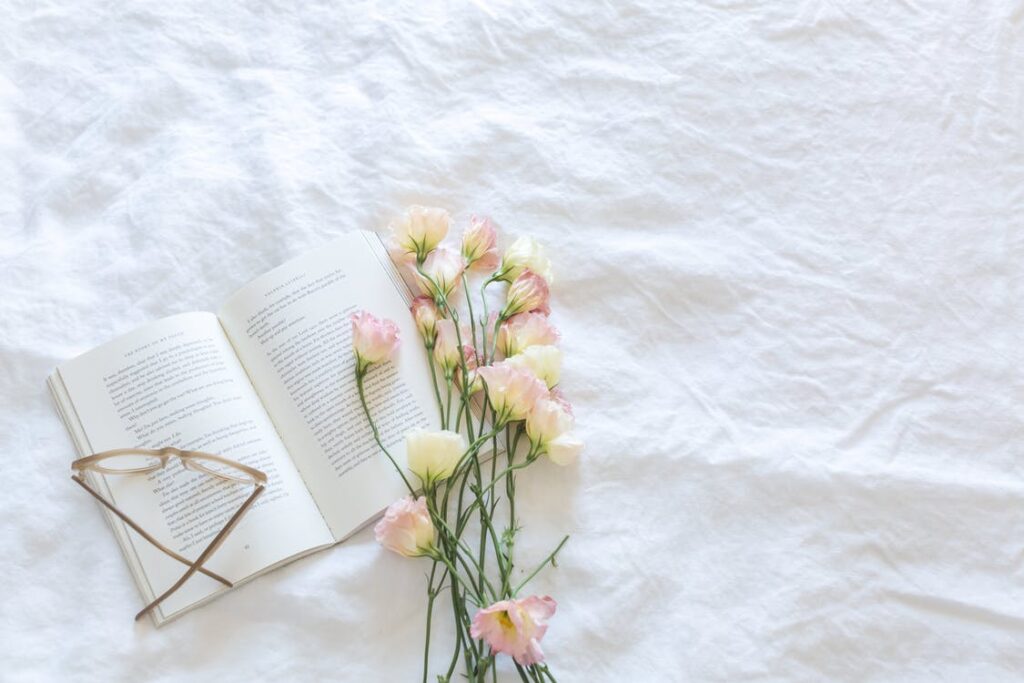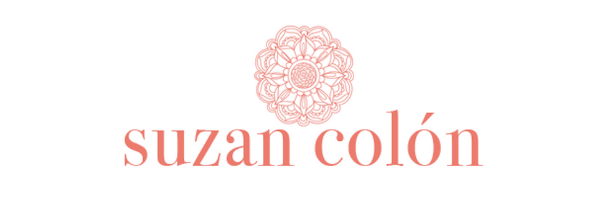
As you may have seen on one of my three Facebook pages (two public, one personal), or my two Instagram feeds (one for my book stuff, one for knitting), or this blog, I recently had dental surgery. I needed a bone graft in my lower front jaw to help anchor my teeth after the braces I wore for two and a half years shifted them. (I’ll spare you the reason for the braces; there’s just not enough time for my dental saga.)
The surgery was done while I was awake and focusing as hard as I could on a guided meditation. I won’t go into the dental details, for they would make you go weak in the knees. I thanked my dentist as articulately as I could after six shots of Novocaine, saying something like, “Ankh oo erry ugh,” went to the store to stock up on mashed potatoes, got home, and hit the couch.
I stayed there for the next four or five or fourteen or so days.
No, I wasn’t entirely incapacitated; I was able to alternate between the couch and the bed. I took nice hot baths, and I gobbled my ibuprofen and Tylenol as prescribed. That’s about all I could handle. At times I broke up the monotony by weeping from the pain.
Please don’t feel sorry for me. There are people out there who are going through far more stressful and debilitating procedures and illnesses, and as I wrote in Yoga Mind, I’m not standing on their shoulders to feel better about myself, either. I’m just explaining what led me to take a good chunk of time off from social media, and the pretty amazing things that happened when I did.
Prior to the dental surgery, I was an Instagramaholic. I loved posting, and I loved seeing how many likes I got, and I loved scrolling through the feed and seeing what everyone was up to. It got quite addictive, which is exactly what social media app programmers want.
As was reported in a segment called “Brain Hacking” on 60 Minutes, apps are being deliberately engineered to affect certain parts of our brains so we become addicted to the apps. Why is this important, and really rather nasty? Just observe your ability to focus, or lack thereof. If you find your attention span lasts about the blink of an eye, or your focus is… What’s focus again? Well, you can “thank” social media.
Here’s where I would put the obligatory disclaimer that says social media isn’t bad, there are lots of ways it can be useful, etc. True. But I’m just really not okay with that whole app creators working with neuroscientists to hijack our eyeballs and make our brains addicted to their social media apps so they can make more money thing.
I’ve gone off social media for a few weeks at a time before and amazingly not had a breakdown or found myself covered in hives. Quite the opposite. When I did it before, like this time spent recuperating from the dental surgery, the first day or two was a little twitchy. Then the magic started to kick in.
I notice that I’m calmer. I can think more clearly. I can listen without interrupting, because I can focus. I read more. I draw more. Meditation is easier (at least, when your mouth isn’t throbbing with pain). Then I feel even calmer. And I start to have the time and space to contemplate.
What was I contemplating? Life, baby! My next move. What I want to do, what I feel compelled to do. I had no agenda; I didn’t even know this was going to happen. At first all I knew was that I had to lie down for a while, like a week. Then feelings started to come about things I wanted to do. I hadn’t even known I wanted these things so much, but because I wasn’t distracting myself with social media, well, these things were finally able to get my attention.
I’m not sure what I came up with as far as that big contemplation will be that interesting to you. I’ll share it to end the low-level suspense: I’m finally writing a novel I’d started last year. I wasn’t sure about it. Now I’m really sure. Everything about it is alive to me. I hear what the characters are saying, feel what they’re going through, and my job is just to take it all down.
That’s important for me. The important part for you is to consider the time you spend on social media. During my offline time, I thought about the days before Facebook and what I used to do. I read a lot more than I do now. And I wrote a lot more. It didn’t feel good that those two things were in the past tense because now I spend so much time on social media.
What did you used to do before social media? What might you do now with the minutes, hours, and days cumulatively spent online?
If you’re online a lot, take a break and see what happens. Don’t worry, it’ll be there when you get back. And you might be surprised by what your beautiful mind may show you instead.
